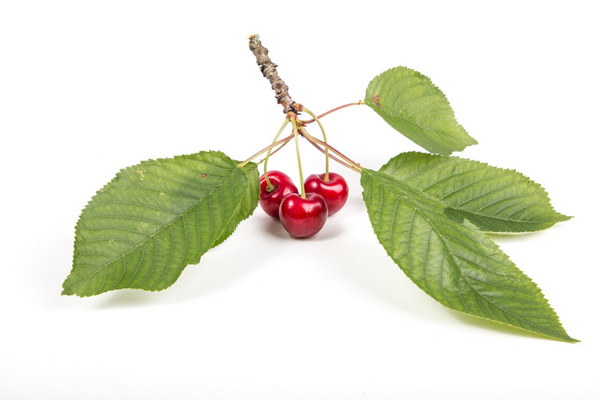Essential Fall and Winter Health Tips for Young Children
As the seasons change from summer to autumn and then to winter, it's essential to ensure that our little ones stay healthy and happy. The cooler temperatures and shorter days can bring about various health challenges for young children. In this article, we'll explore some essential fall and winter health tips for young children to help them thrive during these seasons.
1. Dress Appropriately
As temperatures drop, it's crucial to keep your child warm and comfortable. Dress them in layers to accommodate changing weather conditions. Start with a moisture-wicking base layer, followed by an insulating layer, and finish with a waterproof, wind-resistant outer layer. Don't forget to protect their hands, feet, and head with gloves, socks, and a hat, as these areas can lose heat quickly.
2. Encourage Hydration
Even during the cooler months, it's essential to keep your child well-hydrated. Offer them warm drinks such as herbal teas or warm lemon water, which can be soothing and comforting. If they're not keen on drinking warm beverages, try offering them warm broth or soups, which can help keep their bodies warm and hydrated simultaneously.

3. Maintain a Balanced Diet
A balanced diet rich in fruits, vegetables, whole grains, and lean proteins is essential for your child's overall health during the fall and winter months. Fruits and vegetables high in vitamin C can help boost their immune system. Incorporate seasonal produce such as apples, pears, and root vegetables into their meals. Additionally, ensure they get enough vitamin D, which can be challenging during the winter months due to limited sunlight exposure.
4. Practice Good Hygiene
Cold and flu viruses thrive during the fall and winter. Teach your child proper hand-washing techniques to prevent the spread of germs. Encourage them to wash their hands before meals, after playing outside, and whenever they come into contact with someone who is sick. Also, avoid sharing personal items such as utensils, cups, and tissues.
5. Regular Exercise
Encourage your child to engage in regular physical activity, even during the colder months. Outdoor activities such as sledding, ice skating, and building snowmen can be fun and beneficial for their health. If the weather is too cold or snowy, consider indoor activities such as dancing, yoga, or playing sports with a family member or friend.
6. Get Adequate Sleep
Sleep is crucial for a child's growth and development. Make sure your child gets enough sleep by establishing a consistent bedtime routine. Create a relaxing bedtime environment by dimming the lights, reading a story, or listening to soothing music. Aim for 10-13 hours of sleep for children aged 3-5 years and 11-14 hours for children aged 6-12 years.
7. Stay Active Indoors
During the colder months, it's essential to find indoor activities that keep your child active and engaged. Set up a play area with age-appropriate toys, puzzles, and crafts. You can also encourage them to participate in family activities such as cooking, baking, or gardening.
8. Monitor for Signs of Illness
Keep a close eye on your child for signs of illness, such as a persistent cough, runny nose, or fever. If you notice any concerning symptoms, seek medical attention promptly. Don't hesitate to contact your pediatrician if you have any concerns about your child's health.
In conclusion, maintaining a healthy lifestyle for your young child during the fall and winter months is essential. By dressing appropriately, encouraging hydration, maintaining a balanced diet, practicing good hygiene, staying active, and ensuring adequate sleep, you can help your child thrive during these seasons. Remember to monitor for signs of illness and seek medical attention when necessary. With these tips, you can help your little one stay healthy and happy all year round.









